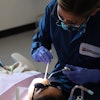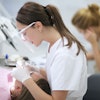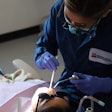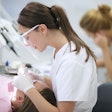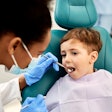The Pew Center on the States has released an issue brief that provides an overview of New Zealand's dental therapist program and outlines how midlevel providers in the U.S. could help expand children's access to dental care, prevent and treat dental caries, and improve public health.
New Zealand has employed dental therapists since 1921, longer than any other country in the world, according to Pew. They work primarily in primary schools through the Community Oral Health Service, a program originally designed to train dental nurses to offer routine preventive and restorative services in schools for children up to age 13.
Today, New Zealand's dental therapists provide care for children from infancy through age 18, Pew noted, and they must have a written agreement with a dentist that allows them to seek advice and refer patients with needs outside their scope of practice. They practice in both public and private settings, but most still work in elementary schools, according to Pew.
As a result, "a higher percentage of young children in New Zealand see a dental provider, and their rates of untreated decay are lower than those of young U.S. children," Pew researchers wrote.
While the dental care systems in the U.S. and New Zealand could both do more to improve oral health services for children, "data suggest that the training and deployment of dental therapists in a strong delivery system have contributed to New Zealand's progress in strengthening children's oral health," the Pew report concluded.

